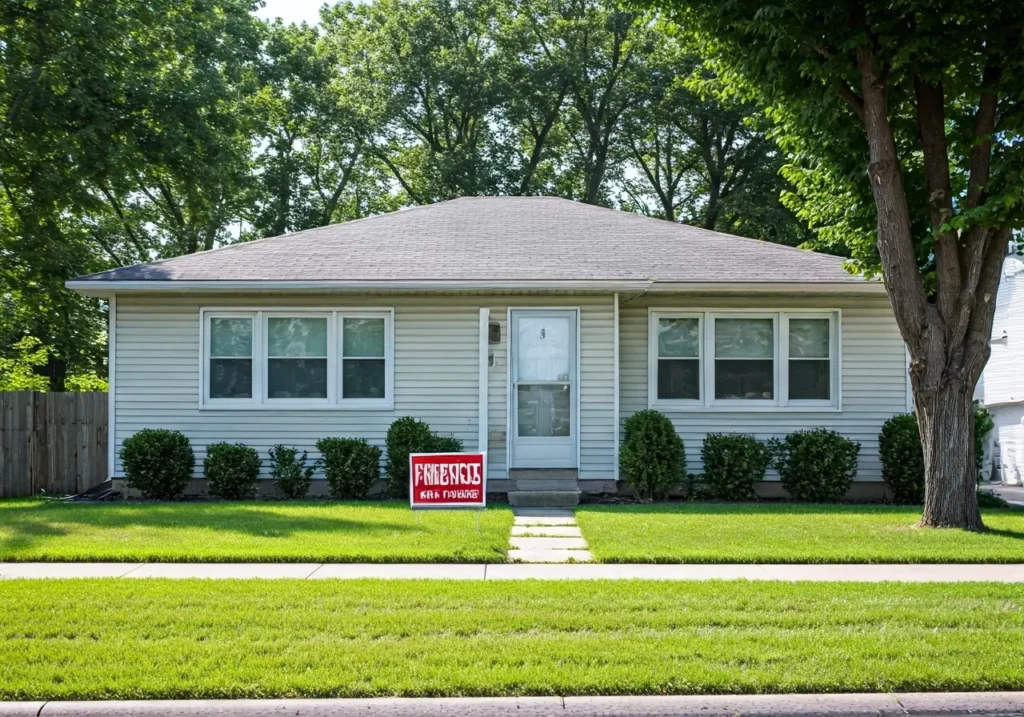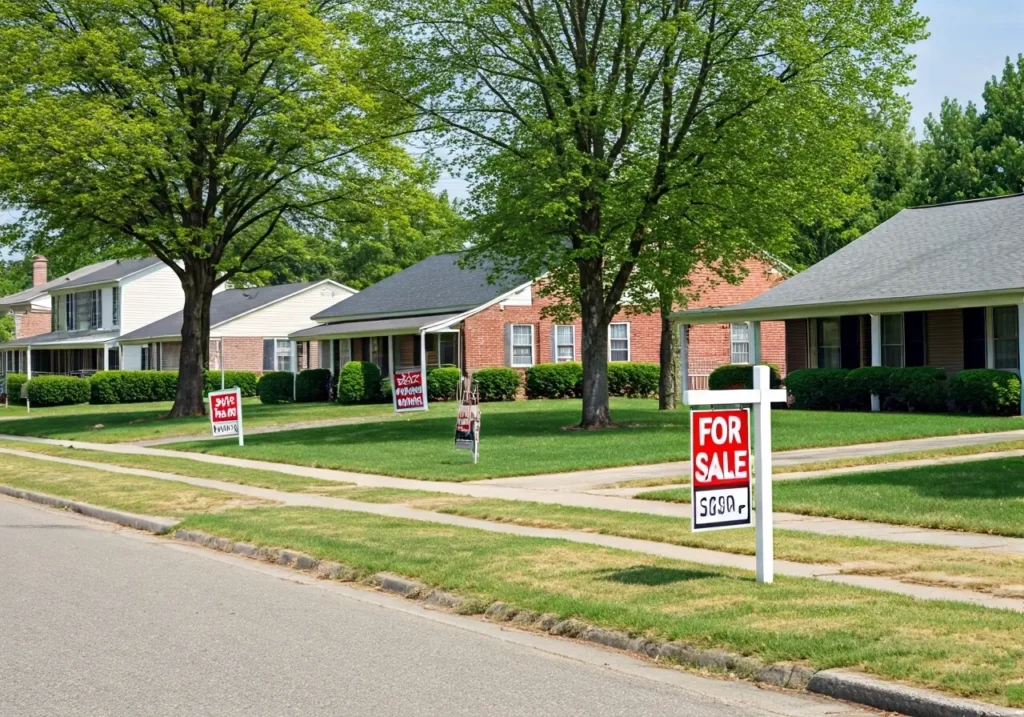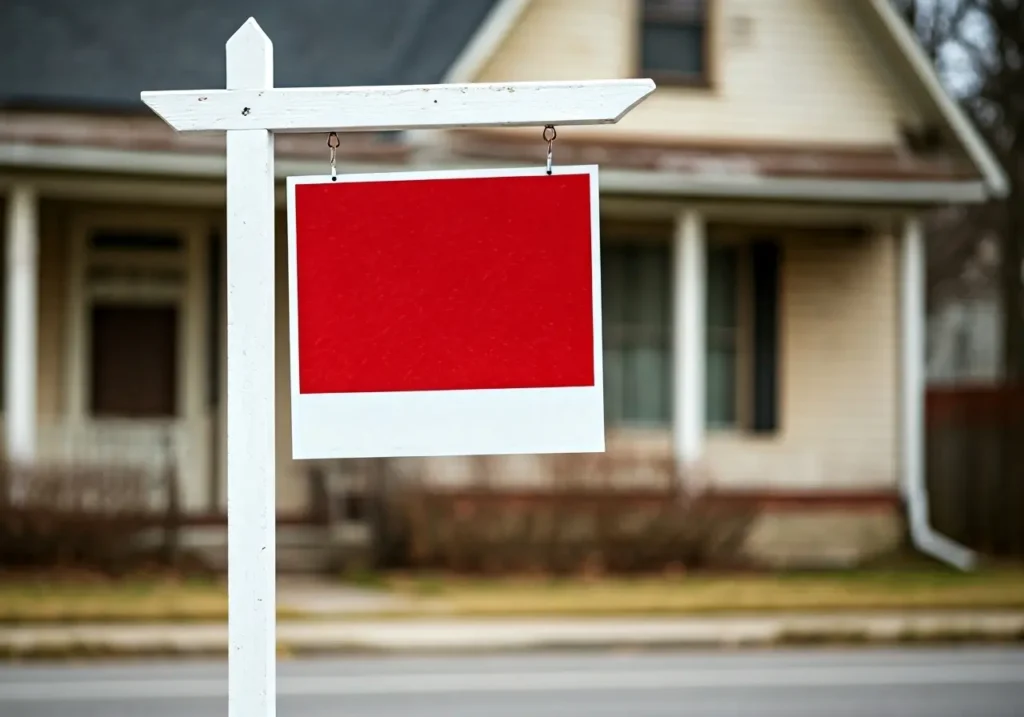Selling a house is a significant decision, and homeowners often find themselves wondering about the timeline involved. From preparing your property for the market to negotiating an offer, each step plays a crucial role in how long it takes to sell a house. In this guide, we’ll walk you through the process, providing insights to help you manage expectations and plan accordingly.
Understanding the Home Selling Process
Before diving into timeframes, it’s essential to understand the general process of selling a house. This includes everything from deciding to sell, setting a price, listing the property, and going through the stages of negotiation and closing.
The home selling process typically begins with an evaluation of the local market. Homeowners should research recent sales of similar properties in their area to get a sense of pricing trends. Engaging with a knowledgeable real estate professional can provide an advantage, especially when it comes to understanding the market dynamics. Once the decision to sell is made, preparing your home through repairs or enhancements can make a significant difference. Staging is another crucial step. It makes the home more attractive to potential buyers by allowing them to visualize the space as their future home. After these preparations, listing your home on multiple platforms with high-quality photos and engaging descriptions is vital in catching buyers’ attention.
As you list your home on the market, it’s important to have realistic expectations. On average, homeowners can expect their property to sell within 65 to 93 days, although this varies considerably depending on location and market conditions. Timing the listing to coincide with peak buying seasons, such as spring, can also help reduce the time your home stays on the market. Keeping your home clean and ready for showings at short notice is another tactic that can accelerate the sales process. Buyers often appreciate flexibility, and being able to view the property at their convenience might just expedite things.
Factors That Affect Selling Time
Several factors can influence how quickly a home sells, including market conditions, location, seasonal trends, and the condition of the house. Understanding these elements can help you gauge a realistic timeline for your sale.
One significant factor in selling a home quickly is its location. Homes in sought-after neighborhoods or those with proximity to good schools and amenities often sell faster. Contrarily, homes located in less desirable areas may take longer to find a buyer. Seasonal trends also play a critical role, with homes selling quicker in the spring and summer when people are more inclined to move. Furthermore, economic factors such as interest rates and the overall housing market health can impact selling times. For example, during a seller’s market where demand exceeds supply, homes tend to sell faster.
The condition of the property itself is another determinant of how long it will sit on the market. Homes that are well-maintained, visually appealing, and free from necessary repairs typically attract buyers more swiftly. On the other hand, properties requiring extensive repairs can deter potential buyers and lengthen the sale period. It’s often beneficial to undertake essential repairs and maybe a bit of remodeling before listing the house. This investment can pay dividends in terms of both the speed of sale and the final selling price.
The Impact of Pricing on Selling Speed
Setting the right price is crucial. Price your home too high, and you might deter potential buyers. Price it too low, and you could leave money on the table. Finding a balance is key to attracting interest without long delays.
Pricing your home accurately from the outset is perhaps one of the most challenging yet essential aspects of selling a property. Many homeowners succumb to the temptation of overpricing their homes, hoping to maximize profits. However, this strategy often backfires. Homes priced too high tend to languish on the market, growing stale as days accumulate. This can lead to price reductions, which might signal to potential buyers that there is room for negotiation, or worse, suspect issues with the property. To accurately determine your home’s worth, consider getting a professional appraisal or a Comparative Market Analysis (CMA) from a seasoned real estate agent.
It’s also prudent to remain flexible with your pricing strategy, especially if your home doesn’t generate expected interest within the first few weeks. Small adjustments might tap into a new pool of potential buyers who were previously put off by the price. This willingness to adapt can prevent your property from becoming stale and keep it competitive in a dynamic market. It’s about striking the right balance where both you and your buyer find mutual satisfaction.
Preparing Your Home for the Market
A well-presented home can sell more quickly than one that’s not. Staging, making repairs, and enhancing curb appeal are strategies that can make your property more appealing to buyers, potentially reducing its time on the market.
The first impression your home imparts can be crucial in swaying a buyer’s decision. Start by focusing on curb appeal; a freshly painted front door, a tidy lawn, and vibrant flowers can make your home inviting even before the potential buyer steps inside. Within the house, decluttering is paramount. Buyers want to visualize themselves living in the space, which is much easier without personal and household items cluttering their view. Consider hiring a professional stager, as they can arrange each room to optimize its appeal. Presentation is pivotal: clean, neutral decor allows buyers to see the home as a blank canvas ready for their personal touch.
Professional photography for listings is not an area to skimp on. High-quality photos can capture the essence of your home, showcasing its best features and grabbing buyers’ attention in a sea of online listings. Virtual tours are becoming increasingly popular and can serve as a powerful tool to engage potential buyers who might be constrained by location or time. This preparation level demonstrates to buyers that the home has been well-cared for, potentially increasing its desirability. The effort you invest in readying your home could indeed be the difference between a quick sale and a prolonged listing.
Choosing the Right Real Estate Agent
An experienced real estate agent can provide valuable insights and facilitate a smoother transaction. Their expertise in marketing and negotiation can be instrumental in shortening the time your house stays on the market.
When choosing a real estate agent, experience and compatibility are key. The right agent should have a proven track record in your local area, understanding the nuances of your market and possessing a network of contacts to draw upon. Interview agents to gauge their strategy and ask about their success rate in selling homes similar to yours. Remember, a good agent doesn’t just list your home but aggressively markets it to potential buyers. Their marketing prowess should include a blend of online listings, open houses, and direct marketing to reach a wide swath of potential buyers.
Additionally, the rapport you build with your agent can make a significant difference. Selling a home is often a highly personal process, and having an agent whom you trust and who understands your goals can make the experience far more pleasant. The right agent will not only advocate for you but also provide candid, expert advice to help you make informed decisions in a timely manner. Their ability to negotiate effectively on your behalf can tip the scales in your favor, leading to faster, more lucrative sales.
Navigating Offers and Negotiations
Receiving an offer is just the beginning. Understanding how to navigate negotiations can help you reach a fair deal efficiently, while also impacting the overall timeline of the sale.
Once an offer is received, the negotiation phase begins. This stage requires finesse and strategy. It’s beneficial to know your bottom line beforehand— the least amount you’ll accept. Your agent can be instrumental here, acting as your advocate and offering advice on whether to accept, reject, or counter an offer. Remember that negotiations often extend beyond price, involving factors like closing dates, contingencies, and even sometimes, furnishings included in the sale. Being flexible can be a strength, and accommodating reasonable terms could mean closing the deal sooner.
During negotiations, stay patient and focused on your ultimate goal—a successful sale at a fair price. An emotional detachment can aid decision-making, preventing you from being swayed by offers that don’t meet your criteria. Many buyers may try to negotiate aggressively, looking for the best possible deal; however, sticking to your prepared strategy ensures you protect your interest. In some cases, getting multiple offers can put you in a favorable position, allowing for a bidding war that not only speeds up the sale but might also increase the final selling price considerably.
Is Selling for Cash a Better Choice?
Selling a house is a journey with multiple factors influencing its timeline. While some aspects may be out of your control, being informed and prepared can significantly streamline the process.
For many, the time consuming process can be very stressful and undesirable. Selling a home “as-is’ for cash offers multiple benefits, from simplifying the legal end to providing financial relief. If you’re looking for a quick, cost-effective, and hassle-free way to sell, a cash offer might be your ideal solution.
Consider your timeline, financial goals, and level of desired involvement in the selling project. By consulting with experts and leveraging the insights they provide, you can make an informed decision that best meets your needs. Remember, choosing the right selling strategy is pivotal to ensuring a smooth transaction that aligns with your life circumstances.
Choosing between cash buyers and traditional real estate agent ultimately depends on your personal situation and preferences. However, if a fast, hassle-free, and financially beneficial experience is what you’re after, cash buyers are certainly an option worth considering. For a quick and convenient selling experience, visit MarketPro Homebuyers.




